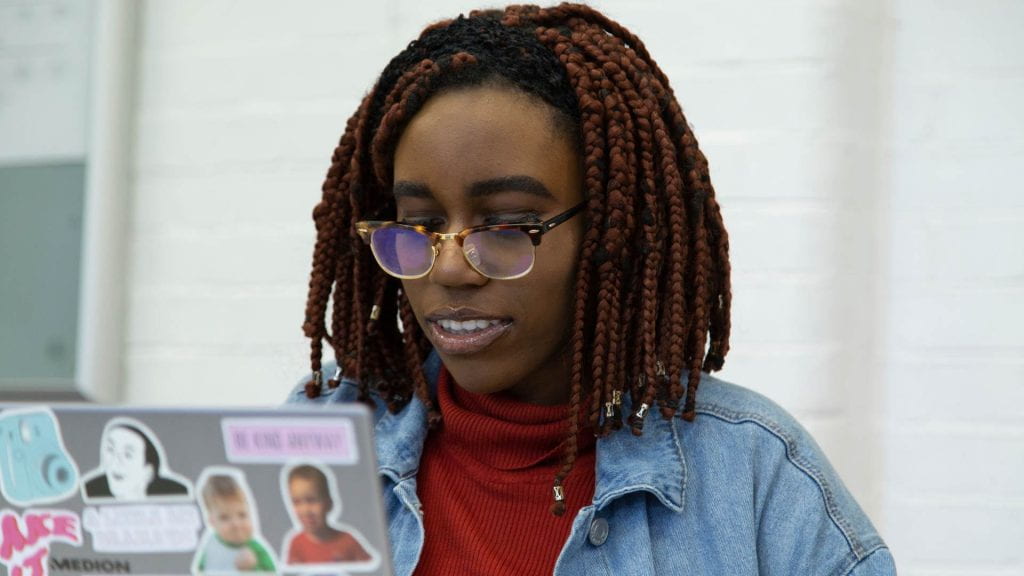
Embarking on the journey of higher education is a monumental step in shaping your future. And choosing the right university can make all the difference. If you’re considering pursuing a BA (Hons) degree in Education, Goldsmiths, University of London, stands out as a landmark of opportunity and innovation. Here’s why you should seize the chance to study at Goldsmiths:
Goldsmiths has a rich history of academic excellence dating back to its founding in 1891. Over the years, it has cultivated a reputation for nurturing creativity, critical thinking, and academic rigor. With a commitment to pushing boundaries and challenging conventions, Goldsmiths continues to set the standard for excellence in higher education.
At Goldsmiths, you’ll become part of a vibrant academic community that thrives on diversity, creativity, and collaboration. As a student of Education, you’ll find a supportive network of peers and mentors who share your passion for learning and discovery. The exchange of ideas and perspectives will enrich your educational experience and broaden your horizons.
One of the hallmarks of a Goldsmiths education is its distinguished academic staff. Comprised of accomplished scholars, artists, and professionals, the Department of Education brings a wealth of expertise and experience to the classroom. They are not only leaders in their respective fields but also dedicated mentors who are committed to nurturing the next generation of thinkers and innovators.
Located in the heart of London, Goldsmiths offers unparalleled access to one of the world’s most dynamic and culturally rich cities. London is a melting pot of cultures, ideas, and opportunities, providing a stimulating environment for intellectual growth and personal development. From world-class museums and galleries to cutting-edge industries and vibrant neighborhoods, London becomes your extended campus, offering endless possibilities for exploration and experiential learning.
Goldsmiths is known for its interdisciplinary approach to learning, encouraging students to explore connections across different fields of study. Whether you’re combining art and education, politics and education, or technology and education, you’ll find course material that will speak to your unique interests and career aspirations. This interdisciplinary perspective fosters creativity, innovation, and adaptability, preparing you for success in a rapidly changing world.
In conclusion, pursuing a BA degree at Goldsmiths, University of London, is more than just an academic endeavour—it’s a transformative journey of personal growth, intellectual discovery, and professional development. With its legacy of excellence, vibrant academic community, world-class faculty, London location, and interdisciplinary approach, Goldsmiths offers an unparalleled educational experience that prepares you to thrive in an ever-changing world.
So why wait? Seize the opportunity to unleash your potential at Goldsmiths and embark on a journey that will shape your future.
Written by Dr Amina Shareef. April 2024.
Learn more about Dr Amina Shareef’s teaching and research.
Learn more about the Staff at the Educational Studies Department.
Learn more about BA Education at Goldsmiths.




